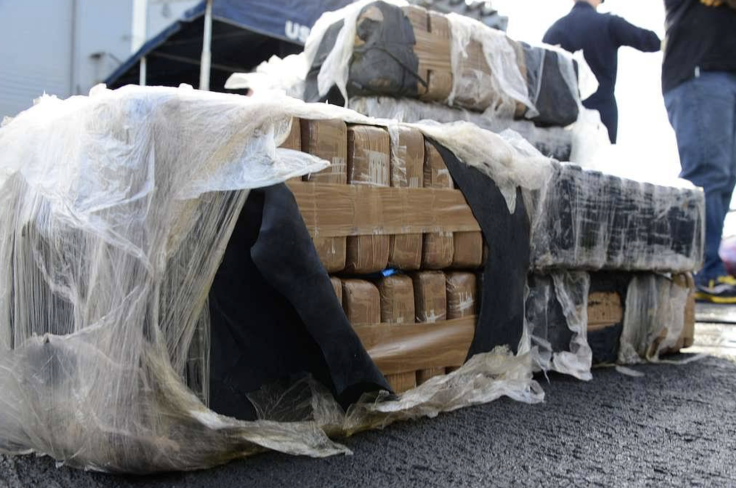
Paraguay reversed its decision to end cooperation between its anti-drug agency and the United States' just days after announcing the intention, succumbing to local and international pressure. Proceeding with the rupture would have jeopardized critical U.S. investigations in a key cocaine transit country.
Reports from earlier this month revealed that Paraguay planned to end its cooperation with U.S. authorities, including the U.S. Drug Enforcement Administration (DEA), which had been a crucial partner in investigating drug kingpins like Sebastián Marset. Marset, who is suspected of funding professional soccer teams in South America, has been a focus of international law enforcement efforts.
Paraguayan antidrug agency head Jalil Rachid sent a letter to the DEA on Tuesday announcing the reversal of the decision and calling for renewed dialogue to improve cooperation, as reported by The Washington Post. Rachid explained that the agency had not fully considered the existing memorandum of understanding between the U.S. and Paraguay. He also mentioned the importance of continued partnership in tackling international drug trafficking.
The decision to initially withdraw from the cooperation stemmed from a misunderstanding, according to Paraguayan officials. They believed a recent DEA letter indicated that the U.S. planned to end all support for Paraguay's antidrug efforts. Rear Admiral Cíbar Benítez, head of Paraguay's National Defense Council, clarified that Paraguay remains open to adjusting the terms of its cooperation with the DEA.
The Sensitive Intelligence Unit (SIU), a joint effort between Paraguay's SENAD agency and national police, has been instrumental in several high-profile drug trafficking investigations, some of which have implicated local politicians. Critics suggested that the move to halt cooperation could be an attempt to shield politicians with ties to drug networks from U.S.-led investigations.
Paraguay has increasingly become a key transit country for cocaine shipped across the Atlantic on container ships over the past years. A report from the U.N. Office on Drugs and Crime last year identified the Southern Cone river corridor as a "major departure point for Europe-bound cocaine." The country's anti-narcotics agency announced record drug seizures and dismantling of complex trafficking networks this year, including Marset's. During 2024 Paraguay seized nearly five tons of cocaine, roughly ten times the amount confiscated the previous year.
Deny Yoon Pak, a prominent Paraguayan prosecutor, warned that the cessation of U.S. support would be detrimental to ongoing investigations, calling it a "dangerous" move, according to the media outlet. Following the intense local media attention, the reversal was attributed to pressure from both domestic and international sources. The U.S. Embassy in Paraguay declined to comment on the situation.
© 2024 Latin Times. All rights reserved. Do not reproduce without permission.










